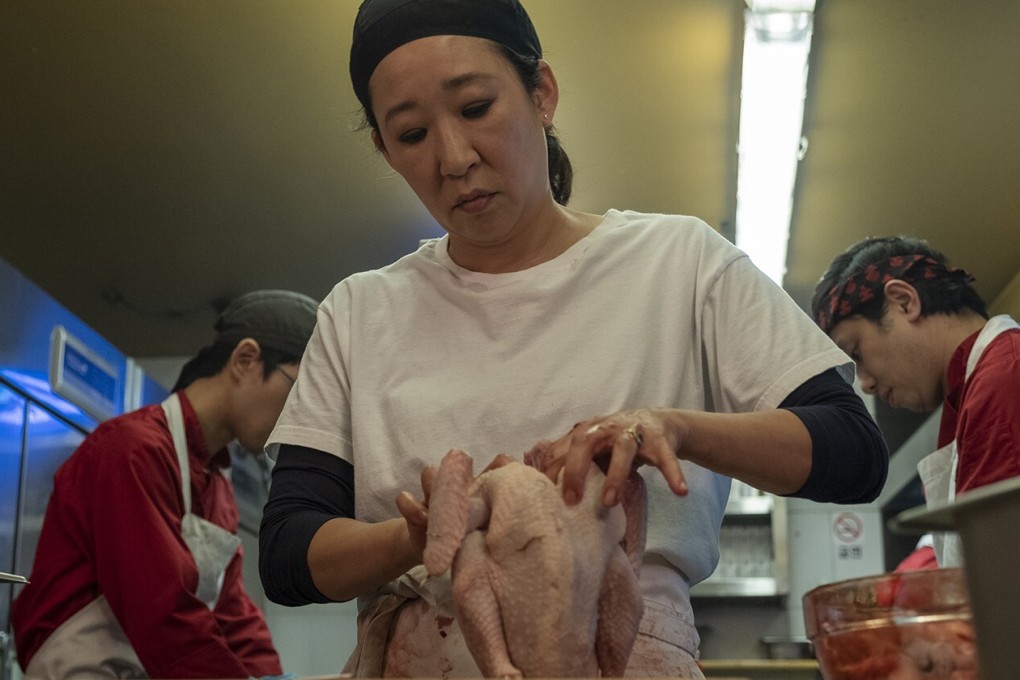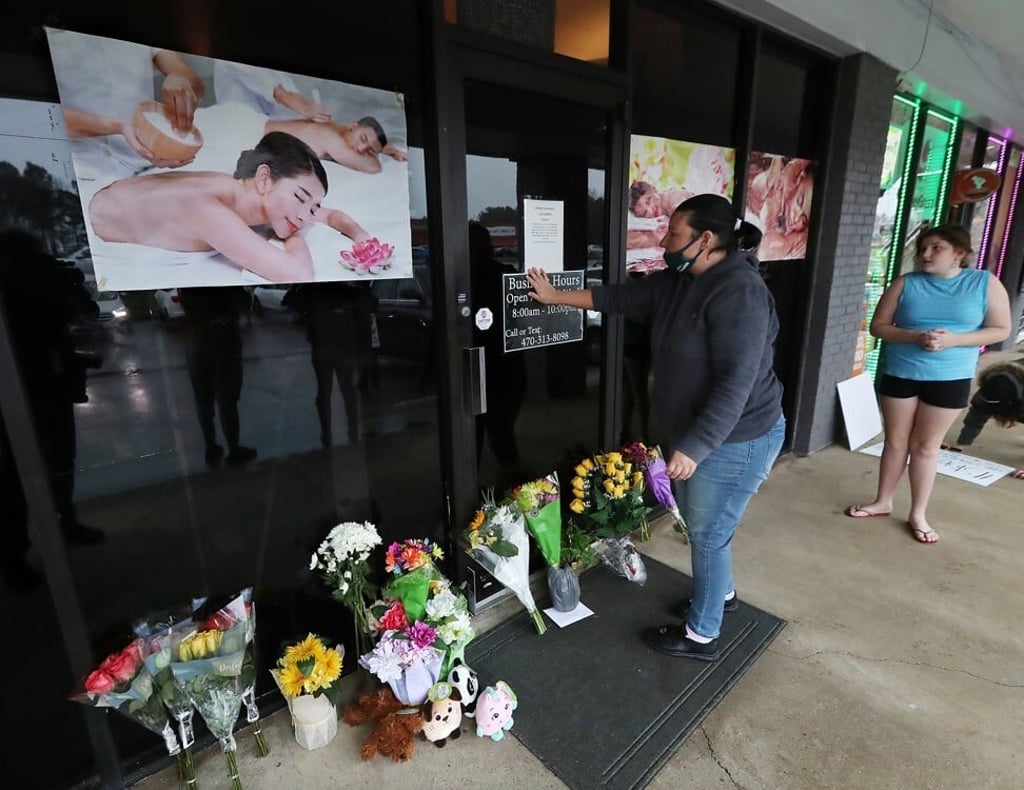Grey’s Anatomy, Killing Eve’s Sandra Oh has big plans for future roles – ones that deal with Asian experiences
- Canadian-born actress’ award-winning role on Killing Eve changed the way she looks at her career, and pushed her to think more about issues of race in her work
- ‘I’m trying to do something different here,’ Oh says. ‘I don’t want to worry about people who might not understand about my experience’

Like many others in the Asian-American community, Sandra Oh was horrified in March when a mass shooter killed eight people – six of them Asian women – in targeted attacks across Atlanta, in the US state of Georgia. The murders came after a pandemic year marked by a sharp rise in anti-Asian hate incidents across the nation .
Mourning the tragedy from Pittsburgh, where she was filming the Netflix series The Chair, the Emmy-nominated actress found herself searching online for a place where she could stand in solidarity with the community. “I was just like, ‘There has got to be a rally. I need to be with people’,” Oh says.
“I had the day off and I was just searching, honestly, online in Pittsburgh. And then I got in touch with the Asian crew members. And I was like, “Why am I just reaching out to my Asian crew members?” So I put out an email to the entire crew and cast – ‘Only if you want to join in’.”
